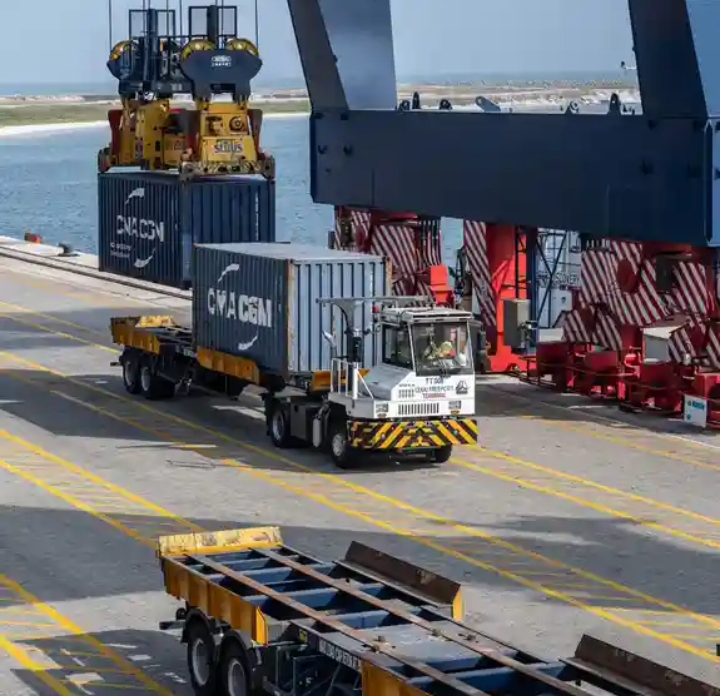Nigeria's economy grew 3.4% in 2024—its strongest since 2014—driven by oil, tech, and finance, but poverty remains high due to inflation, insecurity, and slow agricultural growth despite government reforms.
Nigeria Records Highest Economic Growth in a Decade – World Bank


Nigeria's gross domestic product (GDP) grew by 3.4% in 2024, according to a new report released Monday by the World Bank. This marks the highest growth rate since 2014, excluding the temporary rebound seen during the COVID-19 recovery years of 2021 and 2022.
The report indicates that the acceleration in Nigeria’s economic growth was primarily driven by the ongoing recovery in the oil and gas sector, as well as strong performances in the technology and finance industries, as outlined in the latest Nigeria Development Update.
Looking ahead, the World Bank projects that Nigeria’s GDP growth rate will rise slightly to 3.7% in 2025.
However, the agricultural sector experienced relatively slow growth, which the World Bank attributes to insecurity in the Middle Belt and the high costs of agricultural inputs. The Middle Belt encompasses a broad region across 14 states in central Nigeria, where violent clashes—often between farmers and nomadic herders—have led to the abandonment of hundreds of thousands of hectares of farmland.
During a presentation of the report in Abuja, the World Bank commended the Nigerian government for implementing key economic reforms in the aftermath of the 2023 elections. President Bola Tinubu introduced a wide range of policy changes, including the removal of petrol subsidies, reduction of electricity allowances, and two rounds of currency devaluation.
A recent report by the International Monetary Fund (IMF) also acknowledged these reforms while cautioning that poverty levels remain alarmingly high. President Tinubu has defended his administration’s decisions, describing them as “tough” but necessary measures to foster economic growth. “We are gradually seeing the light at the end of the tunnel,” he stated on Friday.
Despite these reforms, many ordinary Nigerians continue to face severe economic hardship. According to Human Rights Watch, the country is currently experiencing its worst cost-of-living crisis in nearly three decades. Rising inflation and repeated spikes in food prices have pushed more people into poverty, even though the cost of some essential staples has declined in recent months.
The World Bank’s update revealed that nearly half of Nigeria’s population lived in poverty in 2024, making the country home to the second-largest poor population in the world, after India. The 2024 Global Hunger Index ranks Nigeria 110th out of 127 countries, with nearly one-third of children suffering from stunting due to chronic undernutrition.
Although inflation is expected to decline over the remainder of the year, it is still projected to average 22.1%, the World Bank reported. The institution also noted that labor incomes have failed to keep pace with inflation, thereby eroding the purchasing power of Nigerians. As a result, poverty has both deepened and expanded, particularly in urban areas.
The World Bank emphasized the urgent need for Nigeria to generate more and better-quality jobs at scale in order to alleviate poverty and meet its ambition of becoming a $1 trillion (approximately €900 billion) economy by 2030.

 বাংলা
বাংলা  Spanish
Spanish  Arabic
Arabic  French
French  Chinese
Chinese 
